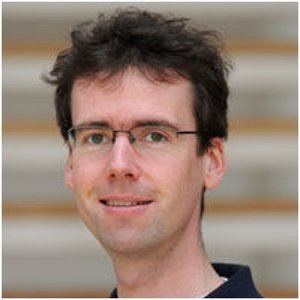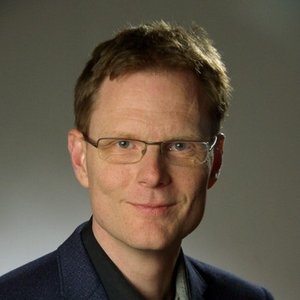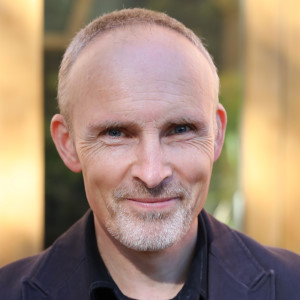Open for Registration
Registration via the website is no longer possible.
For short-term bookings, please contact our conference office or Prof. Johannes Wagemann (johannes.wagemann@alanus.edu)
Conference fee regular: 180€
(includes 40€ for refreshments and beverages – does not include main meals)
Conference fee students: free of charge, but 50€ for food and beverages
(includes refreshments, beverages and main meals)
Conference fee students: free of charge, but 35€ for food and beverages
(includes refreshments, beverages, without main meals)
First-Person-Science of Consciousness 2025 –
Ontological Implications for the Understanding of Mind and Reality
May 15-17, 2025, Mannheim, Germany
The last decades have witnessed a renaissance of first-person methods in the mind sciences and particularly in consciousness research. These developments are based, among other things, on what one may call the ‘epistemic priority’ of direct experiences for gaining access to more subtle and fine-grained qualities of phenomenally conscious activity and content. Usually, the study of consciousness from the third-person perspective – as it is conducted, for instance, in neuroscientific research within the cognitive sciences – depends on thin phenomenological (e.g., EEG data, button press, Likert scale questionnaire) descriptions of lived experiences. But without rich descriptions and systematic categorizations, one cannot even start to determine the functional role and typology mental states and processes might play within the complex structure of the human mind. Furthermore, how conscious processes are related to the brain, the entire body, and how they are embedded in the culturally formed environment, requires in-depth explorations of first-person experiences as well.
In response to such issues, new introspective, phenomenological, and ethnographic approaches are progressively being developed in many fields of research such as in psychology, psychopathology, philosophy, and the social as well as education sciences. Apart from this empirically oriented research and its findings, currently there are also significant theoretical debates on how these methods may be justified and contribute to the scientific picture of reality. To give an example, many scientists believe that the exploration of conscious phenomena requires a naturalist framework or at least a naturalistic interpretation of its results despite the frequently conceded indispensable role of consciousness in cognitive research. In this context, some theorists regard phenomenal consciousness as a sub-personal projection of our brain, whereas other naturalists still search for a functional model to reduce or identify mental states to or with brain states. Even in embodiment or 4E-cognition research opposed to classical cognitivism and representationalism, there exists a strong tendency to naturalize phenomenology. One reason is the aim to overcome the mind-body problem within the framework of different forms of a non-reductive or ‘relaxed form of naturalism’. There are other scientists, however, who interpret the epistemic priority of first-person experiences in alternative ontological ways. According to their view, physicalism as a naturalist approach to reality implies a strong dualism or panpsychism because of the supposed irreducibility of conscious phenomena. Furthermore, idealistic positions are being seriously reconsidered – again arguing for the idea that subjectivity, consciousness, and categories have a necessary foundational function for every form of objective reality.
In sum, it is the aim of the conference to explore which implications first-person methods in consciousness research have for the ontological dimensions of mind and reality. Therefore, our aim is threefold:
- To study how first-person methods are related to the exploration of consciousness in the classical cognitive sciences and neighboring disciplines such as philosophy, psychology, etc.
- to investigate what first-person based research on mental phenomena reveals about the nature of consciousness,
- to explore how first-person research transforms our ontological understanding of mind and reality.
These aspects are not limited to the theoretical explanation of consciousness and its impacts for the mind-body problem or ontological questions of reality. Practical implications concern, for example, the individual perception of and deepened access to the formation of reality. In recent years, scientific studies have shown how first-person practices, including mental agency training or meditation, can induce changes in perceptual and mental states and thus alter one’s relationship to the world at large. What remains to be investigated, however, is exactly how first-person practices induce such changes. It could be discussed whether the use of first-person practices could provide a greater capacity for self-reflection, for example, to better discriminate experience-based information in the age of digital transformation and social disruption. Furthermore, in many accounts on free will and ethics, introspection plays a major role, as, for instance, in deliberation and decision making. But most of the time, this is not spelled out in sufficient detail. In this sense, another aim of the conference is to explore what first-person research of (pre-) reflective processes can contribute to a deeper understanding of human freedom and responsibility.
Call for Abstracts
The conference is intended to serve as a platform to address the mentioned issues and discuss emerging answers and related examples from current research. Leading researchers, young scholars, and students from diverse disciplines are invited to contribute to the questions raised by speaking about one or more of the topics indicated above. Abstracts for talks or posters presentations can be submitted following the registration site till December 31, 2024. We look forward to your contribution and hope for a further consolidation and continuation of existing first-person research efforts.
Registration via the website is no longer possible. For short-term bookings, please contact our conference office or Prof. Johannes Wagemann (johannes.wagemann@alanus.edu)
This conference is organized by:

Prof. Ulrich Weger, PhD
Witten/Herdecke University

Prof. Dr. Christian Tewes
Alanus University, Campus Mannheim

Prof. Dr. Johannes Wagemann
Alanus University, Campus Mannheim

Prof. Dr. Terje Sparby
Rudolf Steiner University College Oslo

